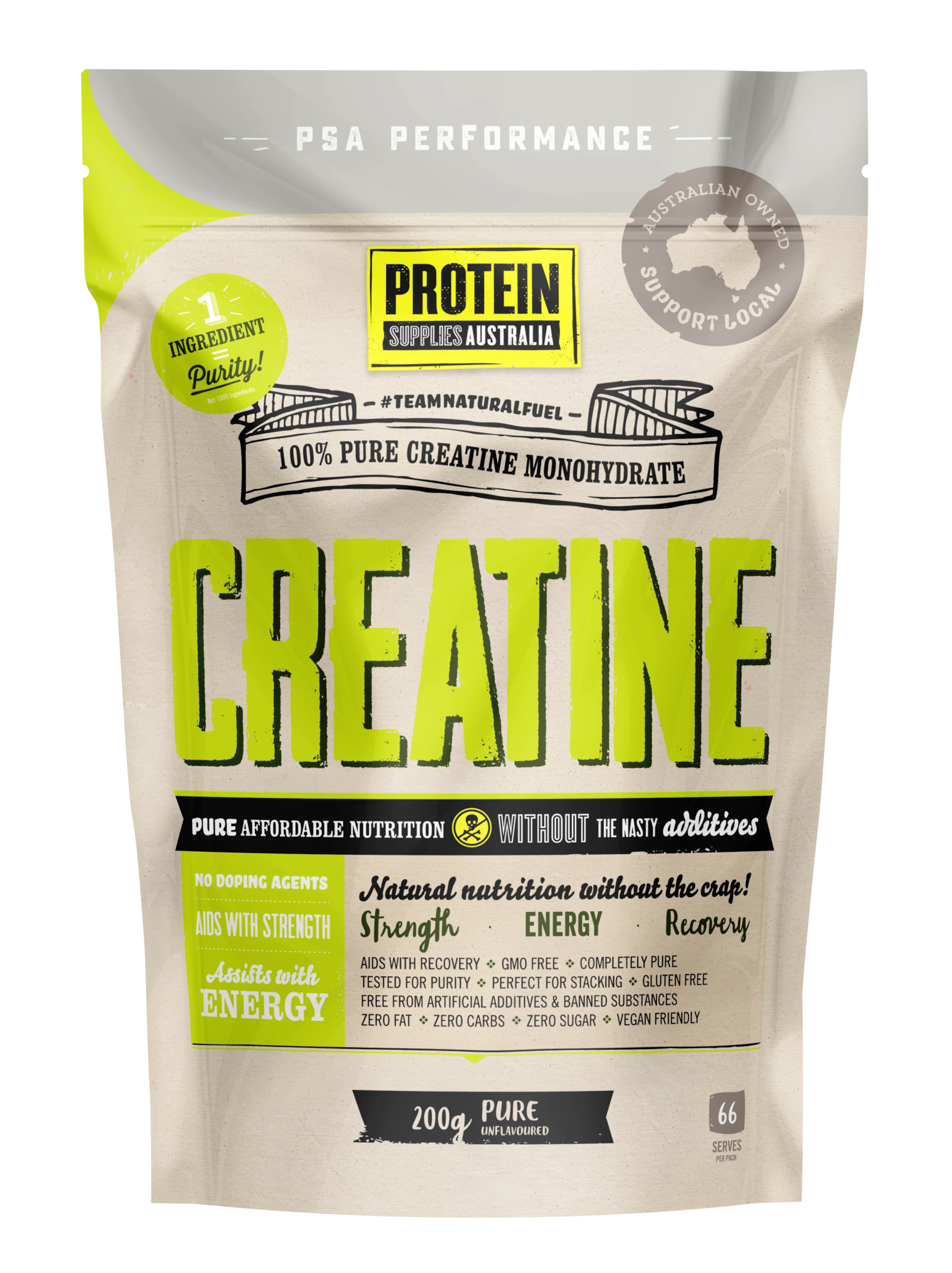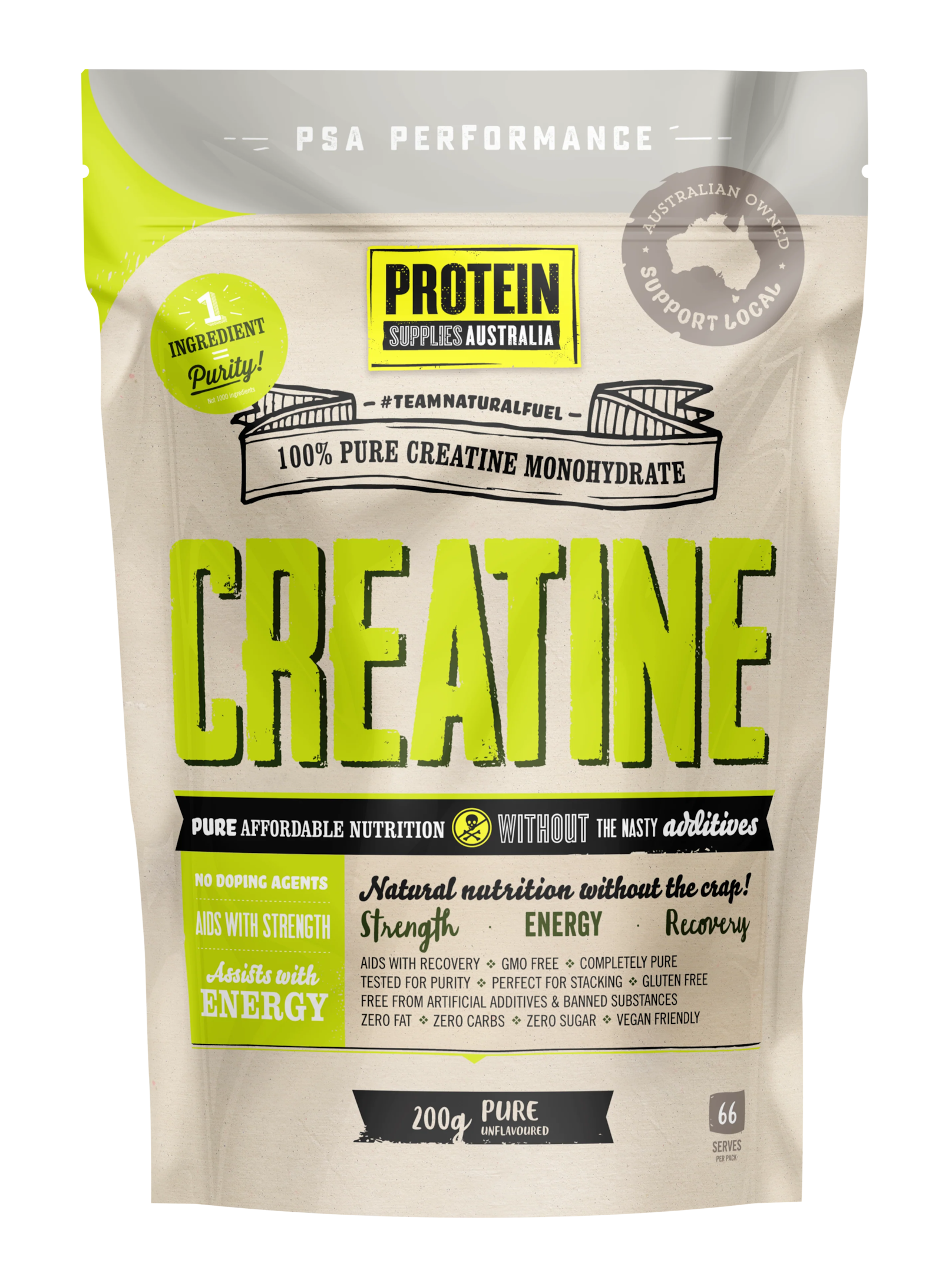creatine pre workout
Creatine, a powerhouse in the world of fitness supplements, sparks debate: when is the best time to take it?
This question stems from its crucial role in muscle energy enhancement. The timing of creatine consumption, either before or after workouts, could significantly impact its effectiveness.

This article delves into the intricacies of creatine use. It aims to unravel the benefits and potential drawbacks of its timing, providing insights for fitness enthusiasts and athletes alike. Understanding the optimal use of creatine, a key player in the fitness regimen, could be the turning point in achieving workout goals.
We’ll explore the science behind this supplement, shedding light on how its timing can influence muscle development and athletic performance.
Creatine, a naturally occurring compound, plays a pivotal role in the high-energy demands of muscle tissue. Found primarily in muscle cells, it is crucial for the rapid production of adenosine triphosphate (ATP), the body’s energy currency. During short, intense bursts of activity, creatine phosphate donates a phosphate group to ADP, regenerating ATP and sustaining muscle energy output.
Despite the body’s ability to synthesize creatine, the demand often outstrips the supply, especially in athletes and those engaged in high-intensity training. This gap necessitates supplementation.
Supplemental creatine ensures the muscle’s stores are replete, supporting sustained high-energy output and overall exercise performance. Its popularity in sports nutrition isn’t unfounded; numerous studies vouch for its effectiveness in enhancing strength, power output, and muscle hypertrophy.

The need for creatine supplementation arises from the body’s limited natural stores. Typically, these stores are sufficient for daily activities and moderate exercise. However, during intense physical exertion, these stores deplete rapidly.
Supplementing with creatine increases the muscle’s concentration of this vital compound, thereby enhancing its availability during high-demand scenarios. This increase in muscle creatine content is associated with improved strength, increased lean muscle mass, and faster recovery times, making it a staple in sports nutrition and fitness circles. Its widespread use among athletes and fitness enthusiasts underscores its efficacy and the significant role it plays in optimizing physical performance and muscle health.
Part 2: Taking Creatine Before Workout
The rationale for pre-workout creatine intake hinges on maximizing muscle creatine levels during exercise. Taking creatine 30-60 minutes before a workout ensures that muscle stores are fully charged, priming them for the high energy demands of intense physical activity. This timing aims to optimize the muscle’s capacity for ATP regeneration, which is critical for short, high-intensity efforts.
This strategy is particularly effective when creatine is paired with caffeine, a common component in pre-workout supplements. A notable study involving physically active men demonstrated that a combination of creatine and caffeine resulted in a significant boost in power output during high-intensity sprints. This synergy suggests that creatine, when teamed with caffeine, can elevate athletic performance beyond what either could achieve alone.
However, the interaction between caffeine and creatine isn’t without controversy. Some argue that caffeine may hinder creatine’s effectiveness, possibly leading to quicker fatigue. Despite these concerns, the prevailing body of research supports the concurrent use of both, often showing enhanced benefits of creatine when taken with caffeine.

It’s worth noting, though, that this combination can sometimes lead to gastrointestinal distress. Individuals who mix creatine with caffeine, whether through a combined supplement or with a caffeinated beverage like coffee, may experience stomach cramping, bloating, or diarrhea. As such, it’s advisable to test this combination in a controlled manner before committing to it as part of a pre-workout routine.
The effectiveness of pre-workout creatine consumption is particularly pronounced in resistance training. For activities demanding short, explosive bursts of power, like weightlifting or sprinting, pre-workout creatine can be a game-changer. However, its benefits might not be as pronounced for prolonged, high-intensity cardio exercises, where endurance and sustained energy expenditure take precedence.
Regarding dosage, the sweet spot for pre-workout creatine intake is typically around 5 grams. This amount is sufficient to saturate the muscles without overburdening the digestive system, ensuring the creatine is quickly and efficiently utilised during the workout. Sticking to this dosage can maximize the benefits of creatine, enhancing workout performance while minimizing potential side effects.
Unleash the Power of Creatine
Step into a world of unmatched muscle growth and enhanced physical performance with Protein Supplies Australia’s creatine, the key to unlocking your fullest potential.
Part 3: Taking Creatine After Workout
Post-workout creatine intake stands as a cornerstone in many athletes’ recovery protocols. The period immediately following exercise, often referred to as the “anabolic window,” presents a prime opportunity for nutrient uptake. Here, creatine comes into play, offering several benefits.
Resistance training uniquely enhances skeletal muscle blood flow. This increased circulation facilitates a more efficient uptake of creatine into the muscles. When consumed post-workout, creatine is rapidly transported and stored in the muscles, ready to replenish depleted stores. This swift replenishment is crucial for athletes engaging in frequent, high-intensity training sessions.

Creatine’s role in recovery is multi-faceted. It aids in restoring the muscle’s ATP levels, crucial for energy production. Moreover, creatine has been shown to potentially reduce inflammation and muscle soreness, expediting the recovery process. However, it’s worth noting that creatine alone might not significantly reduce muscle damage or enhance recovery speed. Its benefits in these areas are often augmented when combined with other nutrients.
Pairing creatine with high-carb or high-protein meals post-exercise can further enhance its efficacy. Carbohydrates aid in spiking insulin levels, which in turn helps shuttle creatine into muscle cells more effectively. Protein, especially with a high biological value, provides the necessary amino acids for muscle repair and growth. This synergistic effect not only boosts creatine uptake but also supports overall recovery and muscle anabolism.
In summary, post-workout creatine consumption is a strategic approach to maximise creatine’s benefits, particularly in the context of enhanced muscle recovery and efficient uptake. It’s a practice well-suited for athletes aiming to optimise their training outcomes and accelerate recovery processes.
Part 4: Comparative Analysis
When comparing the benefits of taking creatine pre-workout versus post-workout, the context of the athlete’s goals and the nature of the workout are paramount. Pre-workout creatine is most beneficial for those focused on immediate performance enhancement, especially in activities requiring short, intense bursts of energy. It is particularly suited for sports and exercises that rely heavily on ATP-CP energy systems, like sprinting and weightlifting.

On the other hand, post-workout creatine shines in its ability to aid recovery. It is ideal for athletes undergoing rigorous training schedules, where quick recovery is crucial for sustained performance over time. This makes it a preferred choice for endurance athletes or those engaged in frequent, high-volume training sessions.
The optimal timing for creatine intake also depends on individual goals and workout styles. Athletes aiming for muscle hypertrophy might find post-workout supplementation more beneficial due to its role in aiding muscle repair and growth. Conversely, those focusing on immediate strength or power output might prefer pre-workout supplementation.
Part 5: Practical Tips for Creatine Supplementation
Starting with creatine supplementation can be a game-changer for many athletes, but it’s essential to approach it thoughtfully. Firstly, consider your body weight and the type of exercise you engage in. These factors influence how much creatine your body needs. A standard dose of 5 grams per day is effective for most individuals, but those with higher muscle mass or engaging in intensive training might require slightly more.
Personal tolerance is another critical aspect. Some individuals might experience bloating or gastrointestinal discomfort with creatine use. Starting with a lower dose and gradually increasing it can help mitigate these side effects. Additionally, ensure adequate hydration when taking creatine, as it draws water into the muscles, and dehydration can exacerbate side effects.
Timing and consistency are also important. Whether you choose to take creatine pre or post-workout, maintaining a regular schedule helps in keeping muscle creatine levels saturated. Finally, choosing a high-quality creatine monohydrate supplement is crucial, as it is the most researched and proven form of creatine in terms of efficacy and safety.
By following these guidelines, you can maximize the benefits of creatine supplementation while minimizing potential side effects, paving the way for enhanced athletic performance and physical development.
Unleash the Power of Creatine
Step into a world of unmatched muscle growth and enhanced physical performance with Protein Supplies Australia’s creatine, the key to unlocking your fullest potential.
FAQ: Creatine Pre-Workout or Post-Workout
Is Creatine Good in Pre-Workout?
Creatine supplementation, when included in a pre-workout supplement, can boost energy levels and improve high-intensity exercise performance.
Is It Better to Take Creatine or Pre-Workout?
Taking creatine or pre-workout supplements depends on individual goals. Creatine supports muscle growth, while pre-workouts typically focus on immediate energy boost.
Should I Take Creatine After or Pre-Workout?
Research suggests both timings have benefits. Post-workout creatine can aid muscle protein synthesis, while pre-workout intake might increase muscle creatine stores.
Is It Necessary to Take Pre-Workout?
Pre-workout supplements, containing ingredients like beta-alanine and l-arginine, are not essential but can enhance exercise performance and energy levels.
What’s Better than Creatine for Muscle Mass?
While creatine is highly effective for increasing muscle mass, branched-chain amino acids (BCAAs) are also beneficial for muscle growth and recovery.
When Should I Take Creatine and Pre-Workout for Optimal Results?
For optimal results, take creatine close to your workout, either immediately post-workout or as part of your pre-workout routine.
Can I Mix Creatine with Anything for Better Absorption?
Mixing creatine with a carbohydrate or protein source can improve its absorption, enhancing muscle creatine uptake.
Is It Safe to Mix Creatine with Caffeine?
Combining creatine with caffeine is generally considered safe, though some studies suggest it might reduce the ergogenic effects of creatine.
What Is the Impact of Creatine Timing on Workout Efficiency?
Creatine timing, whether pre or post-workout, can influence workout efficiency. Post-workout may aid in recovery, while pre-workout might enhance energy.
How Does Creatine Intake Align with Resistance Training?
Aligning creatine intake with resistance training can significantly improve lean muscle mass and overall body composition.
What Role Does Creatine Play in Sports Nutrition?
In sports nutrition, creatine is revered for its ability to increase high-intensity exercise capacity and lean body mass.
How Can Creatine Supplementation Combined with Exercise Enhance Athletic Performance?
Creatine supplementation combined with exercise can significantly improve athletic performance, particularly in sports requiring bursts of speed and strength.
What Are the Benefits of Pure Creatine Monohydrate for Athletes?
Pure creatine monohydrate is beneficial for athletes, enhancing muscular strength, increasing fat-free mass, and improving overall athletic performance.
How Does Creatine Affect Muscle Protein Synthesis Post-Workout?
Post-workout creatine supplementation can positively affect muscle protein synthesis, aiding in muscle repair and growth.
Is There a Specific Time Frame for Taking Creatine to Maximise Muscle Growth?
The optimal time frame for taking creatine to maximise muscle growth is within close proximity to your workout, either before or after, to maintain sufficient stores.
Conclusion Creatine Pre-Workout or Post-Work
In concluding our exploration of creatine timing, it’s evident that both pre and post-workout supplementation have unique benefits. Whether you’re aiming to boost your performance during a high-intensity workout or accelerate recovery post-training, creatine proves to be a versatile and effective supplement. The choice between pre and post-workout intake hinges on individual goals, workout types, and personal tolerance.
As you embark on your journey with creatine, remember that supplementation is just one piece of the fitness puzzle. A balanced diet, proper hydration, and a well-rounded training regime are equally vital in achieving peak physical performance and health.

For those looking to complement their fitness journey with high-quality supplements, explore the range offered by Protein Supplies Australia. Their products are designed to cater to various dietary needs and fitness goals, ensuring you receive the best support for your workout regimen. Dive into their world of premium proteins and discover how they can elevate your fitness experience.
In the realm of fitness and health, knowledge is power. Armed with the right information and quality supplements, you’re set to reach new heights in your athletic endeavours.










